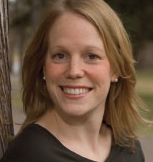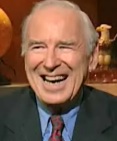I took several months away from my blog. Part of this was due to travel for fun and some work overseas, and part was the curiosity of what blogging - public writing - was adding/subtracting to my life.
When I originally started to write my thoughts online, I had the notion that maybe it would pay off for my training business by adding credibility, or maybe actually attracting customers. I saw the value in it solely in getting some attention for my business and maybe a few people would get value from my communication thoughts.
But I think the main force behind me blogging now has shifted. The two values I now get are that
- Blogging makes me learn how to write better. There are bigger emotional stakes when my writing is public, and this affects my sense of effort. When I write in my paper journal, I am just frantically scribbling thoughts without rereading them. (I sometimes wonder how much editing someone like Michael Palin does when he decides to publish his journal.)
- I get to involve myself in conversations rather than monologues about topics I care about. Granted, since my posts typically read by few and commented on by less, these conversations are sometimes only with myself.
But my main point of learning is that when I perform or present my work publicly, I work harder to make it better.
I often aim to be self-content with my work. This is fine in and of itself, and sometimes certain work of an artistic bent should not be molded or influenced heavily by anyone other than the author. But regarding thoughts on communication, I think those are more valuable when they are made public for conversation.


